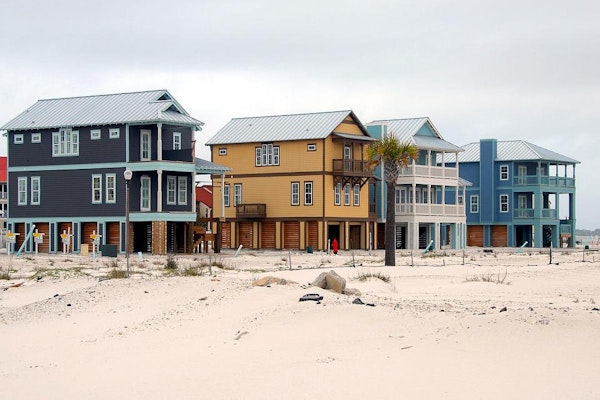
Storm Surge Risk Threatens Billions in Coastal Property Value Across 20 States
Over 6.4 million homes in coastal U.S. states face moderate or greater storm surge risk, with $2.2 trillion in potential reconstruction costs, according to 2025 Cotality data.
June 2
Catastrophe
Legislation & Regulation
Property
Risk Management
Alabama
Connecticut
Delaware
District Of Columbia
Florida

Millions of Homes Unprotected as Climate-Driven Insurance Costs Soar
New research shows insurance protects against climate disasters, but millions of flood-prone homes remain uninsured as premiums climb beyond affordability.
May 20
Catastrophe
Legislation & Regulation
Property
Risk Management
California
Florida
Kentucky
Louisiana
New York

EPA Plans to Weaken Drinking Water Limits on Emerging PFAS Chemicals
The EPA will maintain strict limits for two common ‘forever chemicals’ but plans to roll back standards for others, citing legal challenges and utility concerns.
May 19
Catastrophe
Legislation & Regulation
Property
Risk Management
New York
North Carolina

Georgia Fraud Investigation Results in Over 180 Felony Charges Against Eight Individuals
Authorities in Chatham County charged eight people with over 180 felonies after they allegedly used an elderly victim’s personal information to commit identity theft and insurance fraud.
April 28
Fraud
Insurance Industry
Litigation
Risk Management
North Carolina

Where Home Insurance Still Costs Under $1,200 a Year
As extreme weather drives up insurance rates nationwide, a few Midwestern states still offer annual home insurance premiums under $1,200 thanks to lower risk and better mitigation.
April 8
Catastrophe
Insurance Industry
Property
Risk Management
Florida
Indiana
Louisiana
North Carolina
Ohio
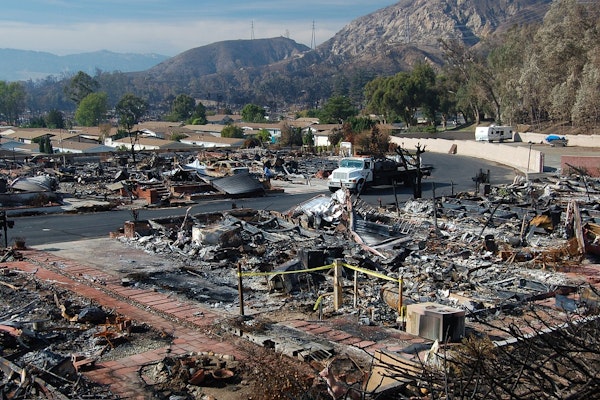
AI Analysis Reveals $2.15 Trillion in US Property at Risk from Wildfires
A new AI-driven study by ZestyAI finds that $2.15 trillion worth of U.S. residential property is at high risk of wildfire damage, affecting millions of homes beyond historically fire-prone regions.
February 27
Catastrophe
Insurance Industry
Property
Underwriting
California
Colorado
Kentucky
North Carolina
South Dakota

Rising Insurance Costs and Severe Thunderstorms: How Convective Storms Are Reshaping Risk
Severe convective storms are a major driver of rising insurance costs, with hail, tornadoes, and strong winds causing billions in property damage. Understanding storm patterns can help insurers manage risk effectively.
February 24
Catastrophe
Insurance Industry
Property
Risk Management
Alabama
Florida
Georgia
Illinois
Indiana

South Carolina’s Liquor Liability Insurance Market Faces Deepening Crisis
South Carolina’s liquor liability insurance market has been unprofitable since 2017, with insurers losing $1.77 for every $1.00 earned. Claim frequency far exceeds neighboring states, intensifying concerns.
February 20
Insurance Industry
Legislation & Regulation
Liability
Risk Management
Florida
Georgia
North Carolina
South Carolina

Strengthening Exposure Management to Address Hidden Insurance Risks
Overlooking excluded risks in exposure management can lead to financial strain for insurers. A proactive approach helps mitigate costs from non-indemnifiable claims.
February 14
Catastrophe
Litigation
Risk Management
Technology
California
North Carolina

Charlotte Man Charged with Insurance Fraud Over False Deer Collision Claim
A Charlotte man faces a felony insurance fraud charge after allegedly misrepresenting how his vehicle was damaged, claiming a deer strike instead of a hit-and-run crash.
February 4
Auto
Fraud
Insurance Industry
Legislation & Regulation
North Carolina

Natural Disasters Caused $368 Billion in Damage Last Year, Aon Report Reveals
The 2025 Climate and Catastrophe Insight Report by Aon highlights how hurricanes, severe storms, and global flooding pushed disaster losses to $368 billion in 2024, exposing critical insurance gaps.
January 29
Catastrophe
Insurance Industry
Property
Risk Management
Florida
Georgia
North Carolina
South Carolina
Tennessee
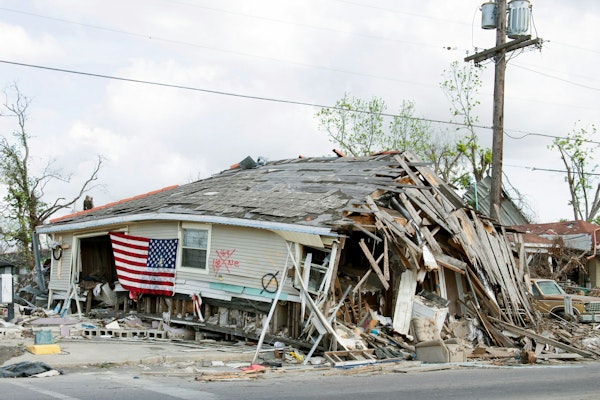
Reforms in Louisiana Strive to Mend Insurance Market Challenges
Despite progress through legislative reforms, Louisiana’s insurance market remains burdened by high costs, litigation, and affordability issues, requiring ongoing attention.
January 22
Auto
Legislation & Regulation
Litigation
Property
Florida
Georgia
Louisiana
North Carolina
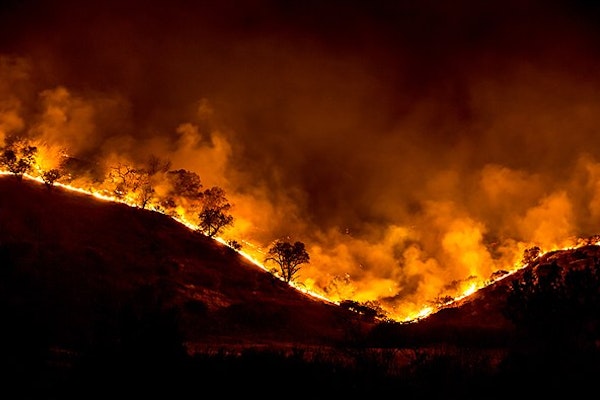
Rising Risks in Homeowners Insurance Demand Swift Action
The accelerating impacts of climate change, coupled with slow government response and human reluctance to prepare, are driving a homeowners insurance crisis in wildfire-prone states like California.
January 14
Catastrophe
Legislation & Regulation
Property
Risk Management
California
Colorado
Florida
Hawaii
Louisiana
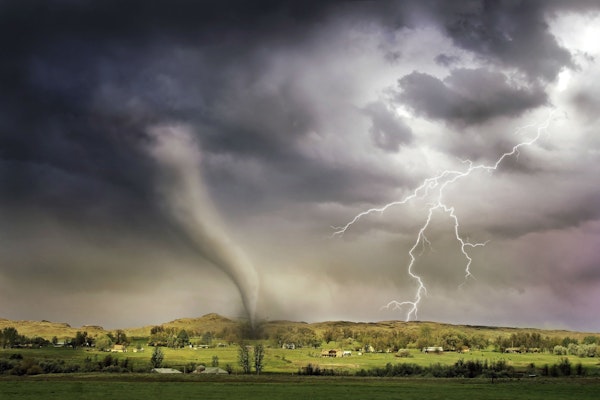
Year-End Tornadoes Spark Surge in Insurance Claims Across Southern States
Severe storms from December 26–29, 2024, caused extensive tornado damage across 10 Southern states, generating over 2,700 insurance claims and highlighting a rising trend in extreme weather events.
January 6
Catastrophe
Insurance Industry
Property
Risk Management
Alabama
Mississippi
North Carolina
South Carolina
Texas
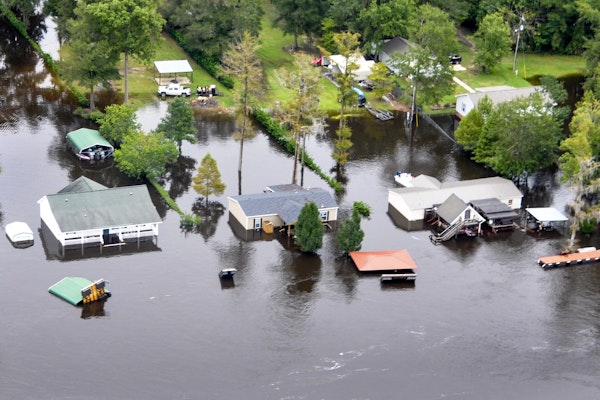
Rising Home Insurance Nonrenewals Reshape Housing Market Across the U.S.
As climate-driven disasters increase, nonrenewed home insurance policies are surging nationwide, impacting property values, mortgages, and economic stability in vulnerable communities.
December 30, 2024
Catastrophe
Legislation & Regulation
Property
Risk Management
Alabama
California
Colorado
Connecticut
Florida





